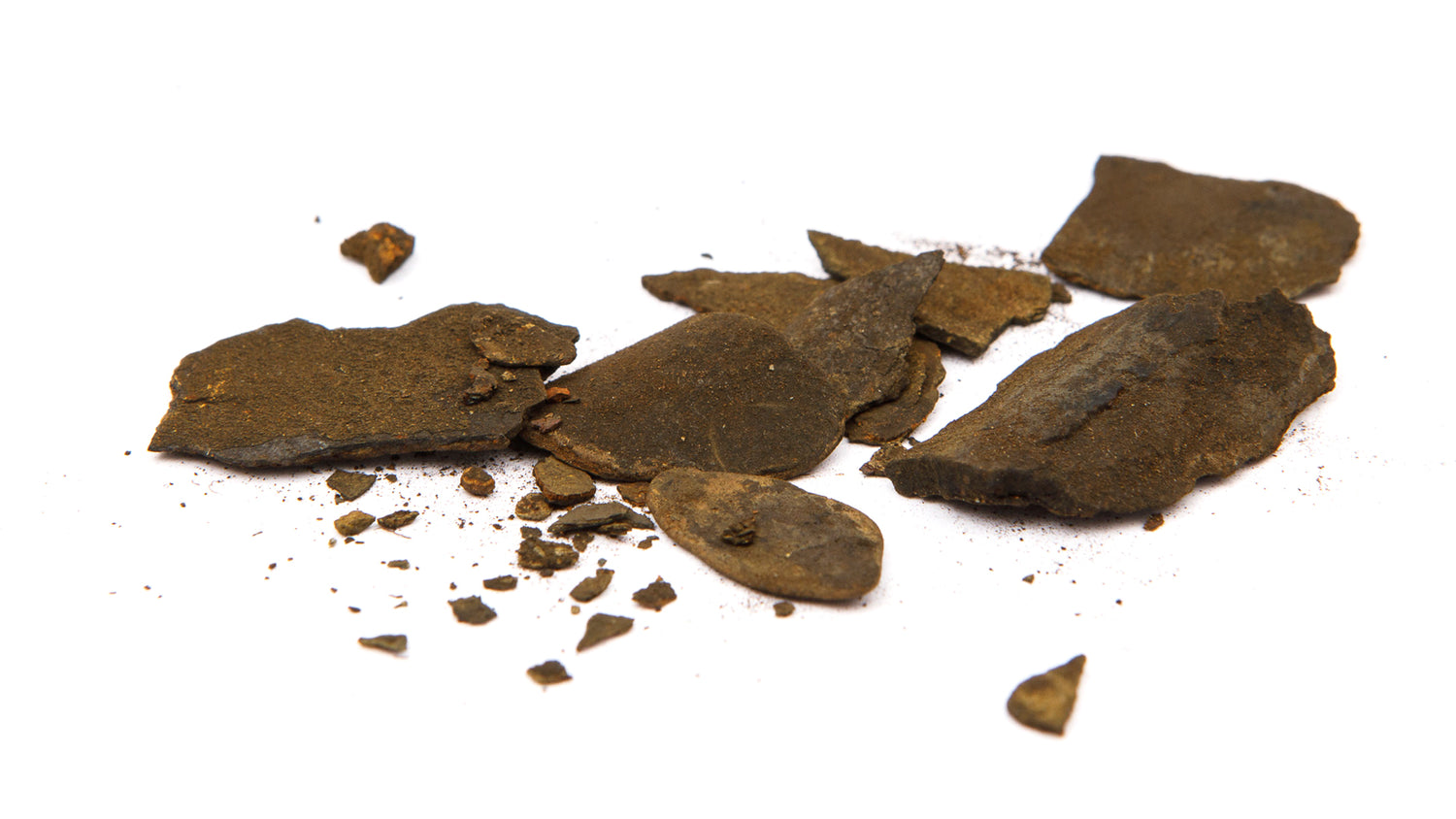Proper autonomous heating system maintenance has been neglected in Europe for years causing slow deterioration of equipment and reduced energy utilization efficiency. It is hard to believe, but the main culprit is water. Majority of housekeepers typically use raw tap water for filling the heating circuits. This water typically has high hardness salts like calcium carbonate and magnesium carbonate concentration which solubility decreases as temperature rises. In heating system this means that these salts overtime will build up scales there where the temperature of the surface is the highest. Since boiler and its heat exchanger is the source of highest temperature, this is where the scale will gather and form insulating layer reducing the free flow of heat. But this is not over, water is also corrosive so over period corrosion products will also build scales across whole heating system including heat exchangers. The figure above shows how much various scales reduce heat transfer (see Figure 1). The figure clearly illustrates that less than 1 mm thickness of CaCO3 or Fe2O3 scales reduces the heat transfer by 10 %. As the CaCO3 layer thickness growth, for instance to 2 mm, the heat transfer reduces by 30 %. While 3 and 4 mm of CaCO3 scale will result in reduction of heat transfer by 40 % and 50 %, respectively. This heat transfer reduction will impair boiler efficiency leading to increased energy usage to maintain the same temperature in a house. This eventually will lead to higher energy bills up to 15 % or even more.

Figure 1. Insulating power of common foulants in heat exchangers. (NALCO book screenshot.)



